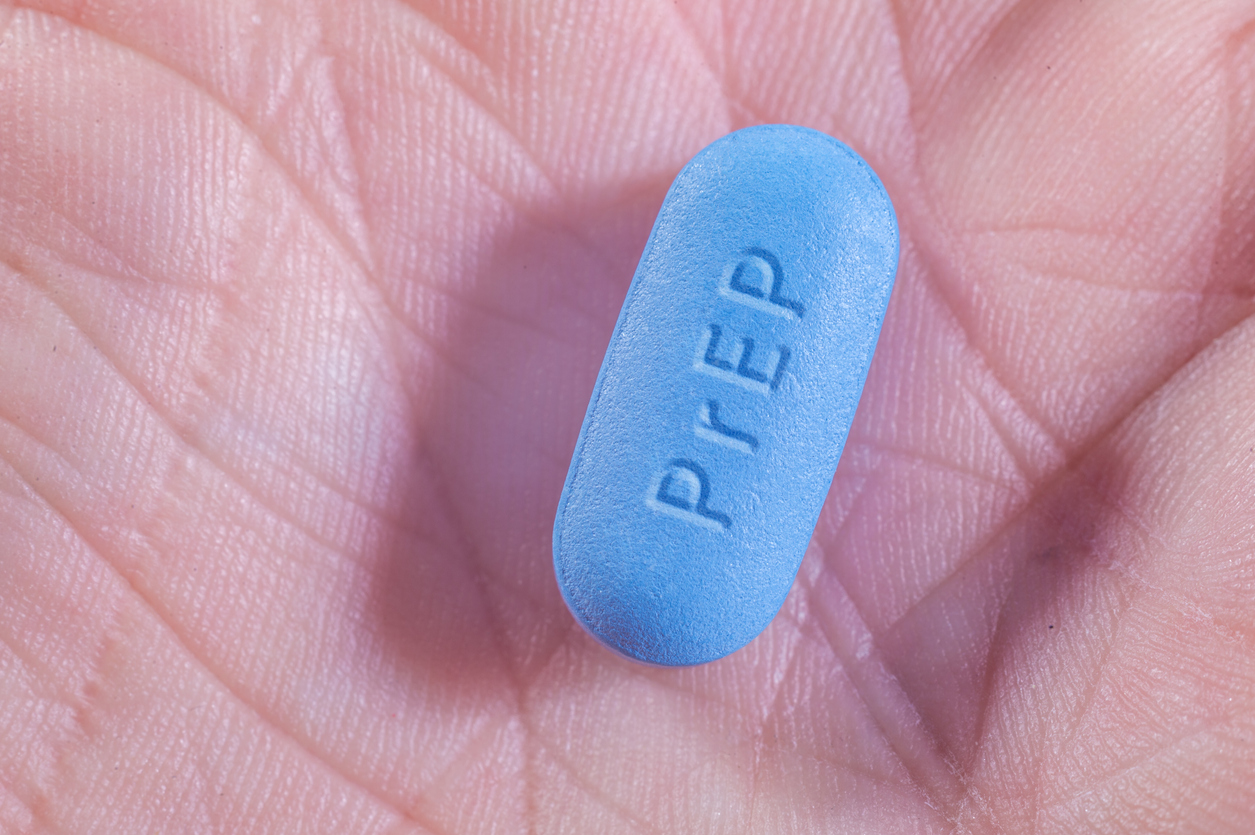
Vaccinations
At Devon Sexual Health we offer a number of vaccinations to protect you against STIs. These vaccinations are offered only to those at higher risk. When you attend a clinic your risk will be assessed and vaccination will be offered if you need it. All vaccinations are supplied free of charge.

Why get vaccinated?
Protecting yourself against infection is a much safer way to manage your risk of catching STIs. Some STIs can be vaccinated against to prevent you catching them. Vaccines are safe, very effective and their effects last for years. Eventually we may see some STIs become very rare if we have enough people vaccinated; this has happened before with infections such as smallpox.
The following vaccinations are available at your local Devon Sexual Health clinic. Please let us know if you are within any of the at-risk groups for each vaccine.

Hepatitis A
- Hepatitis A is a virus that can cause severe inflammation of the liver, although the illness is usually short-lived
- Hepatitis A vaccination is offered to all men who have sex with other men
- It can be transmitted through oral/anal sexual contact as it is spread via infected poo
- There has been a rise in the number of cases of Hepatitis A diagnosed in gay and bisexual men in the South West recently
- You may have already had Hepatitis A vaccinations for travel as it is common in parts of the world where sanitation standards are poor
- Immunisation is usually provided by giving 2 vaccinations over the course of a year

Hepatitis B
- Hepatitis B is a blood- borne virus; it is more infectious than HIV
- Hepatitis B vaccination is offered to a number of at-risk groups:
- Men who have sex with other men
- Sex workers
- People-who-inject-drugs
- People living with HIV
- Victims of sexual assault
- Anyone who has sexual partners from Eastern Europe, Asia, Africa, Central and South America
- Sexual partners of people with current Hepatitis B infection
- It can cause inflammation in the liver which can last for years and may lead to serious illness or death
- It is transmitted in genital fluid or blood and can therefore be contracted through unprotected sex or through sharing injecting equipment
- You may have already started Hepatitis B vaccinations in your line of work or for travel
- Immunisation can help to protect you against Hepatitis B
- Usually this compromises 3-4 vaccinations given over the course of a year

Human Papillomavirus (HPV)
- HPV vaccination is currently offered in our clinics to men who have sex with men aged under 46 years.
- A national program to vaccinate secondary school children has been in place since 2008. This is usually offered through school nurses. Further information on this is available here.
- HPV infection is common and easily transmitted to partners through genital contact and usually has no symptoms
- There are more than 100 subtypes of HPV, some of which cause genital warts while others can cause cancers of the anus, penis and throat (but warts do not themselves cause cancer)
- The HPV vaccine protects against the most common cancer- and wart-causing types of HPV
- Immunisation is provided by giving 3 vaccinations over the course of one year




